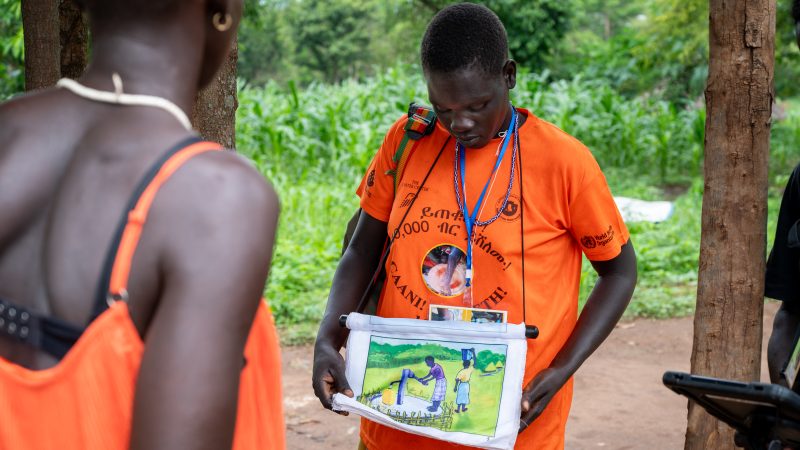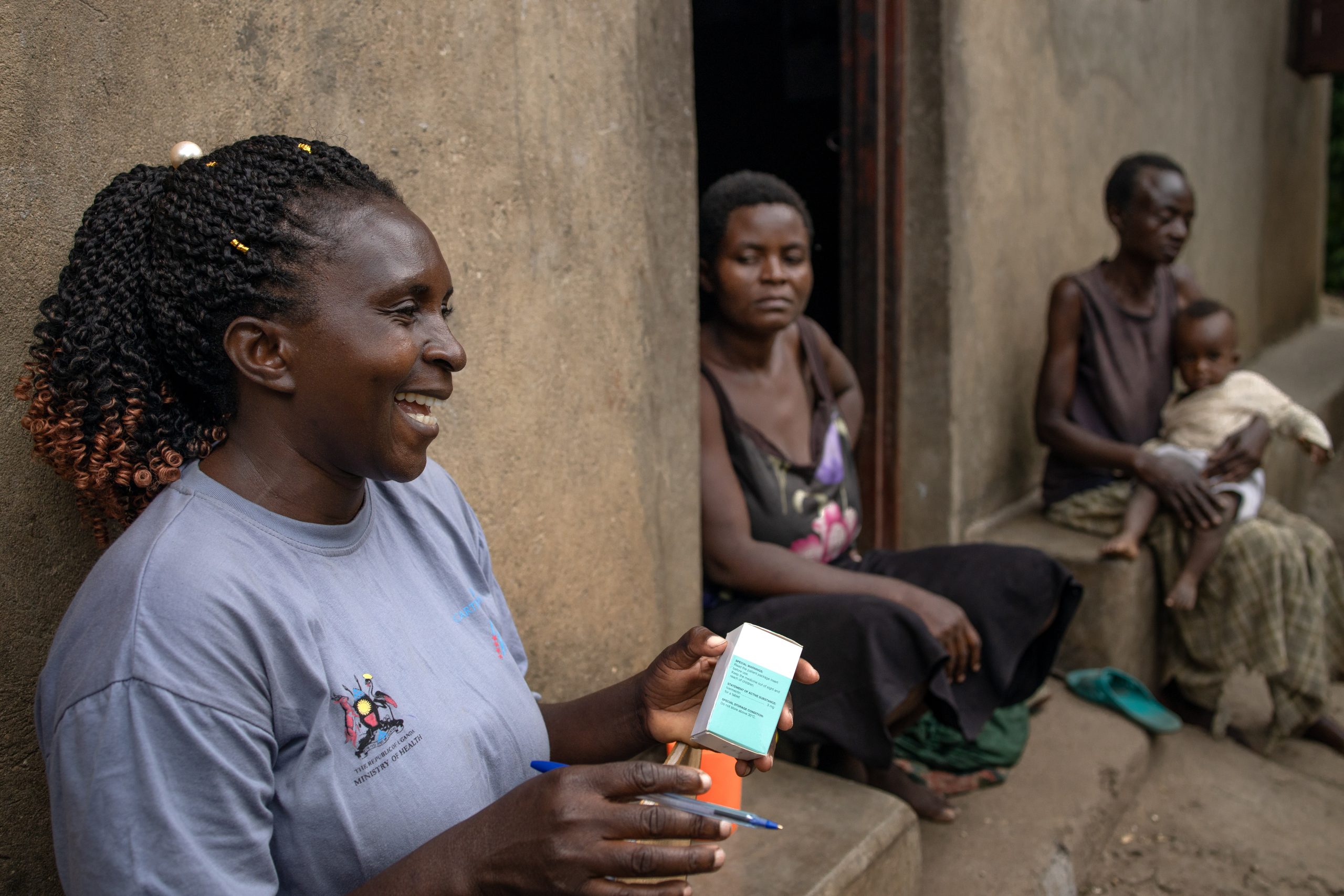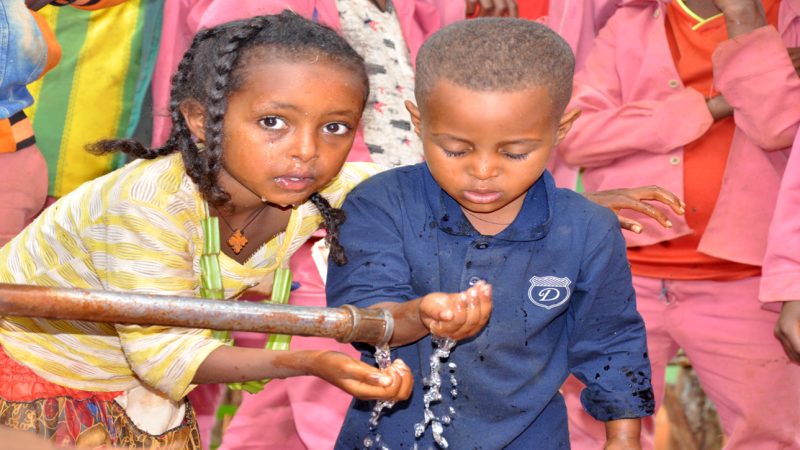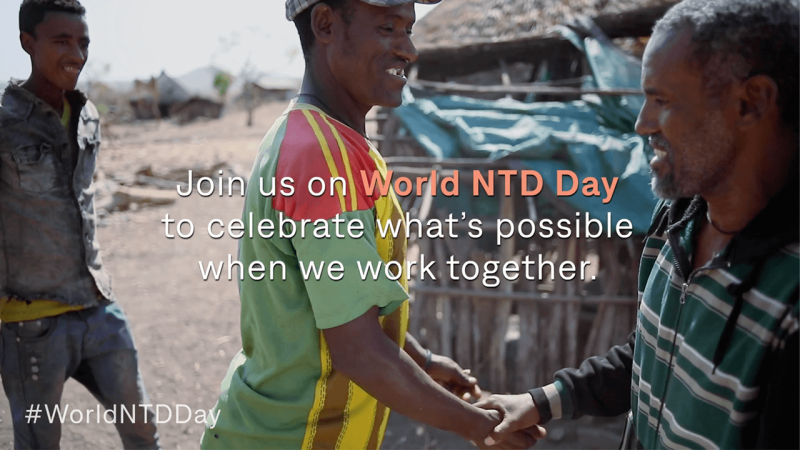International Task Force for Disease Eradication
Health

Targeting Infectious Diseases
Inspired by the successful eradication of smallpox in 1980, the International Task Force for Disease Eradication (ITFDE) formed at The Carter Center in 1988 to evaluate disease control and prevention and the potential for eradicating other infectious diseases.
The task force reviews progress in the field of disease eradication and the status of diseases selected for control or eradication and recommends action steps.
In addition to sponsoring and hosting ITFDE meetings, Carter Center health programs address two of the diseases currently identified by the ITFDE for eradication — dracunculiasis (Guinea worm disease) and lymphatic filariasis — and four diseases identified for elimination or better control — onchocerciasis (river blindness), trachoma, malaria, and schistosomiasis.
Scientific feasibility and political support are the two primary factors determining whether a disease can be eradicated.

Conditions for Eradication
Conditions that make it scientifically feasible to eradicate a disease include:
- Epidemiologic vulnerability. A disease could be considered vulnerable if: it does not spread easily; there is a natural cyclical decline in prevalence; there is a naturally induced immunity; it is easily diagnosed; the duration of any relapse potential is short.
- Availability of an effective and practical intervention. Such interventions could include a vaccine or other primary preventive measure, a curative treatment, or a means of eliminating vectors. Ideally, intervention should be effective, safe, inexpensive, long-lasting, and easily deployed.
- Demonstrated feasibility of elimination. A disease that has been documented to have been eliminated from an island or other geographic unit could be a candidate for eradication.
Even if it is scientifically feasible to eradicate a disease, there are nonscientific conditions that must be considered, such as:
- Perceived burden of the disease
- Expected cost of eradication
- Synergy of eradication efforts with other interventions
- Necessity for eradication rather than control
Spotlight on Health

Fighting Trachoma One Grade at a Time
In Ethiopia’s schools, students are learning how clean faces and healthy habits can prevent trachoma and protect eyesight for future generations.

World NTD Day
Every January, we observe World NTD Day to raise awareness of the suffering these diseases create for more than 1 billion people worldwide.
Global Impact Starts with You
Your support sustains the Carter Center's mission of waging peace, fighting disease, and building hope around the world.
